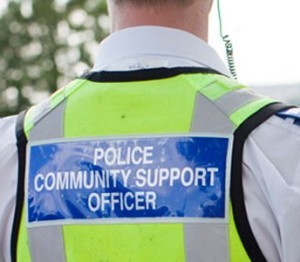
The key issues explored by the inquiry included the use of stop and search of under 18’s, the detention of children and young people in police custody, police engagement in the local community and addressing the needs of vulnerable children.
Although we would all prefer to think that children being taken into custody is a rare occurrence, unfortunately it is all too frequent with around 800 children aged 17 and under finding themselves in police custody across England and Wales each week1. The All Party Parliamentary Group for Children (APPGC), with support from Childlife member charity, the National Children’s Bureau, sought evidence from youth-focused organisations, representatives from police forces and of course directly from children and young people themselves.
The Chair of the APPGC, Baroness Massey of Darwen, said: “Children’s first encounter with police officers can have a lasting effect on how they view the police and engage with them as adults.”
The findings showed a number of concerns, particularly that certain groups of vulnerable children, for instance those in care, often have early negative experiences of the police and around a third of young people detained because of a mental health crisis, end up in police cells because of a lack of specialist provision.
“It became clear that some children and young people are treated more harshly than others – for instance children and young people living in residential children’s homes – resulting in a lack of trust in the police. We believe that greater focus must be placed on the principle of ’policing by consent’ in order to ensure children’s trust and confidence in the police as a public service.” Said Baroness Massey.
The report made a number of recommendations including improving police training, sharing good practice between forces and designating a senior police officer with responsibility for procedures and practice with children and young people.
There have been significant changes to the law following the APPCG inquiry; including government commitments to prevent children and young people from being detained under the Mental Health Act, and for 17 year olds to be treated as children when in police custody.
This is just one example of how the National Children’s Bureau is helping to improve the life chances for all children and young people, some of whom have little or no control over their situation. For more than 50 years they have been working with and for children, to influence government policy, to give young people a voice and provide creative solutions on a range of social issues. Thank you for helping them continue their vital role.
1 Howard League for Penal Reform, 2011
